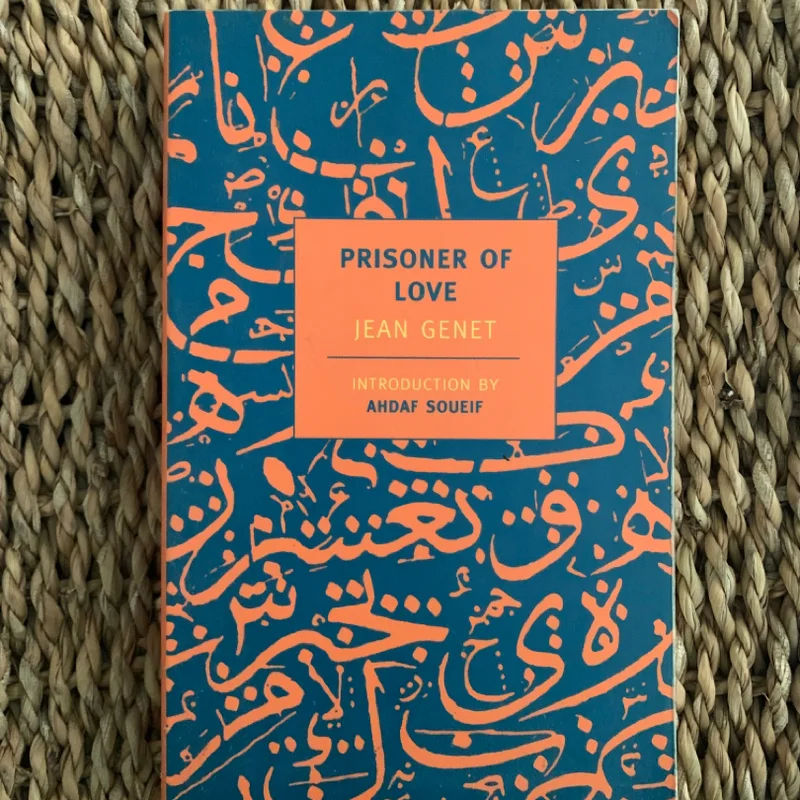
"Prisoner of Love" acknowledges the limitations of language in capturing the reality of the Palestinian revolution, writes Saleem...
7 JUNE 2024 • By Saleem Haddad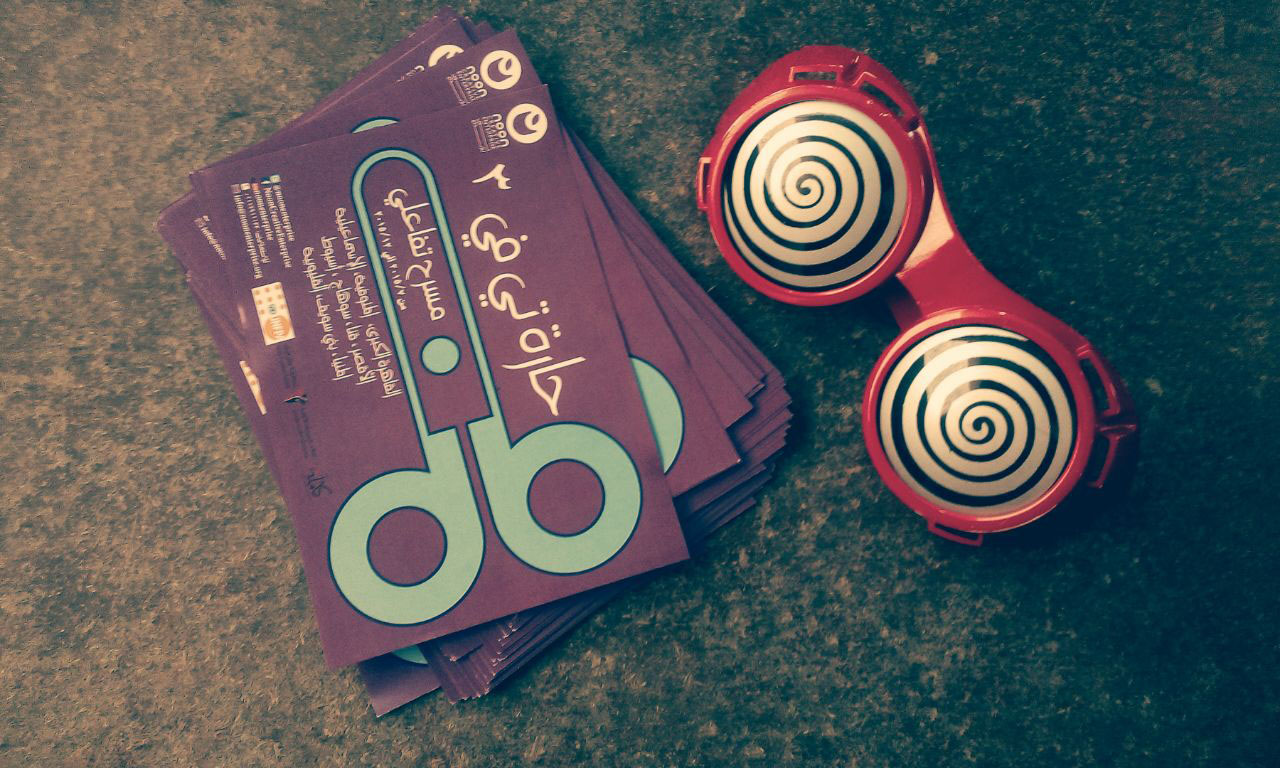
Hara TV3 harnessed interactive theatre and comedy to address gender-based violence and FGM in Egypt writes its founder...
7 JUNE 2024 • By Nada Sabet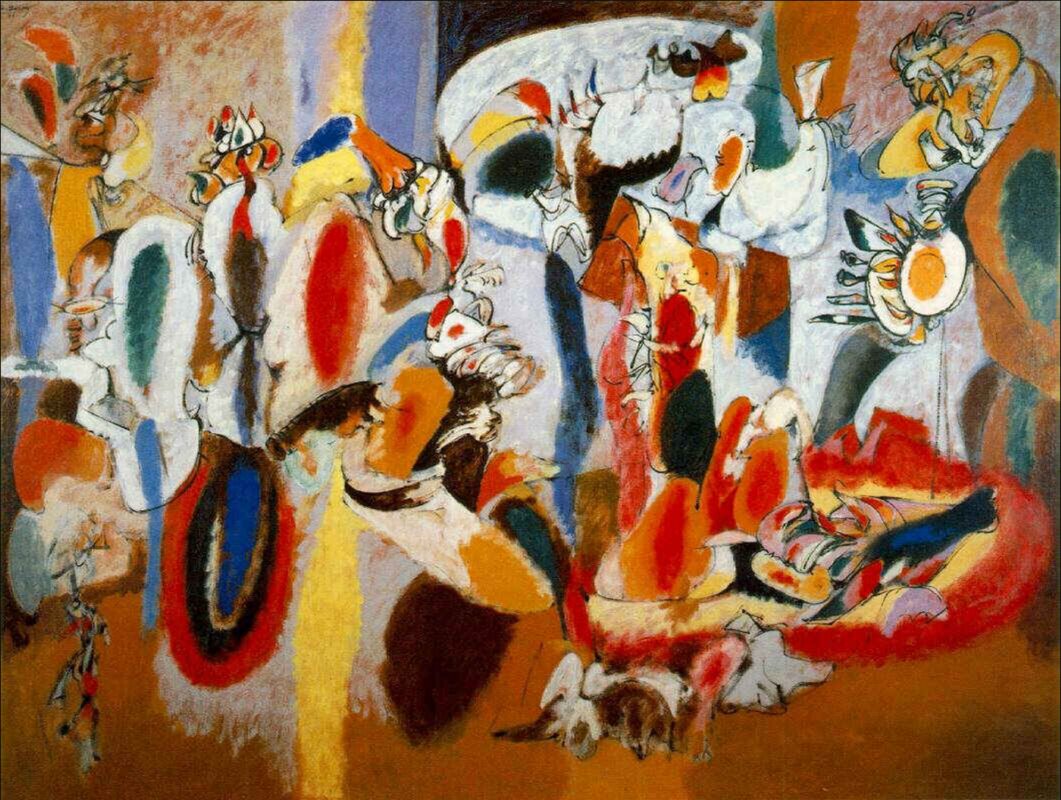
Empathy requires knowledge and collective action to avoid blindly following the crowds, writes Nancy Kricorian.
24 MAY 2024 • By Nancy Kricorian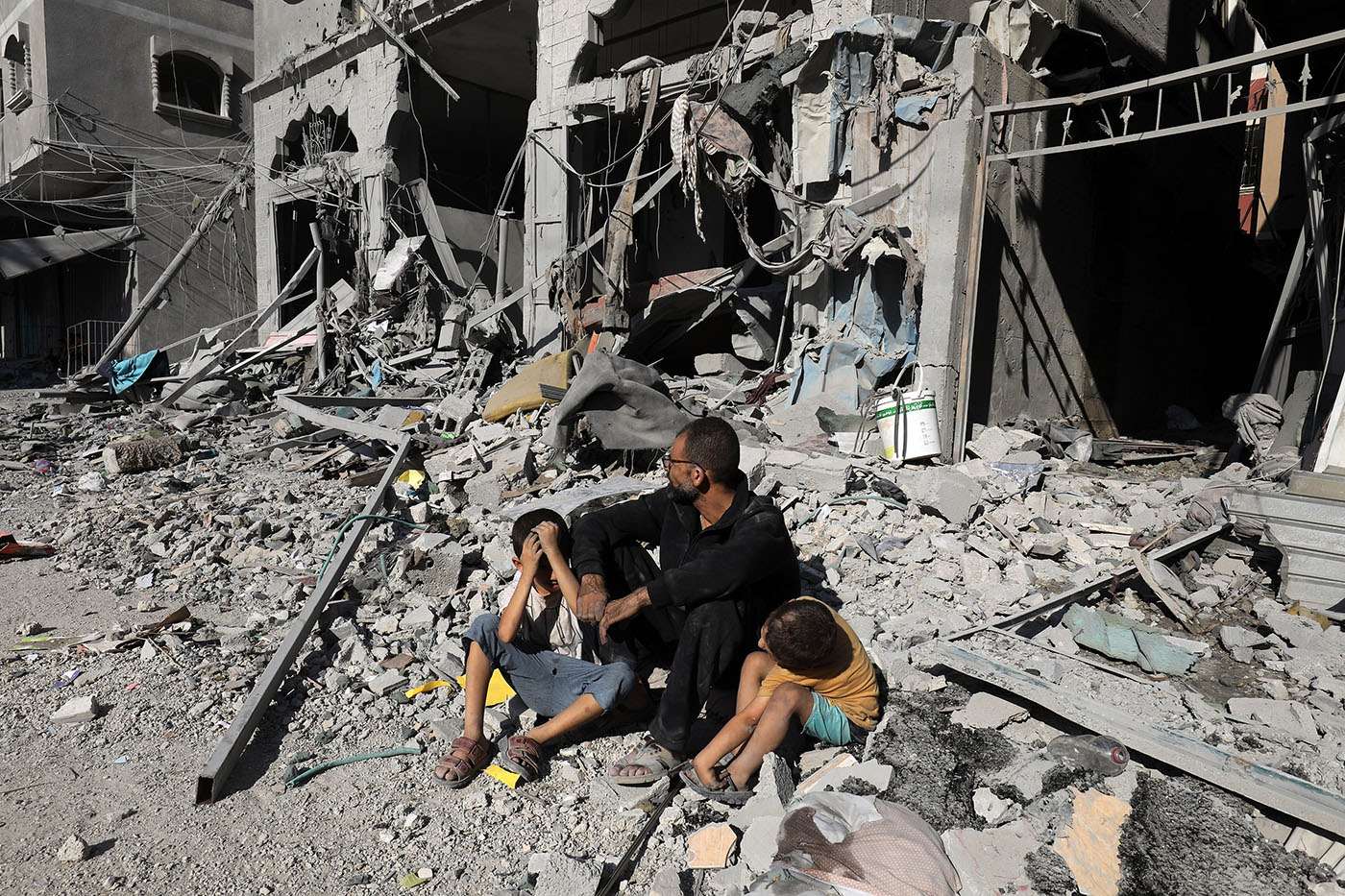
In which the authors argue that, "If Israel, with Western support, achieves its aims in Gaza, it will...
17 MAY 2024 • By Sara Roy
In her latest essay, writer Jenine Abboushi reminds us that the ethnic cleansing and destruction of Palestinian society...
17 MAY 2024 • By Jenine Abboushi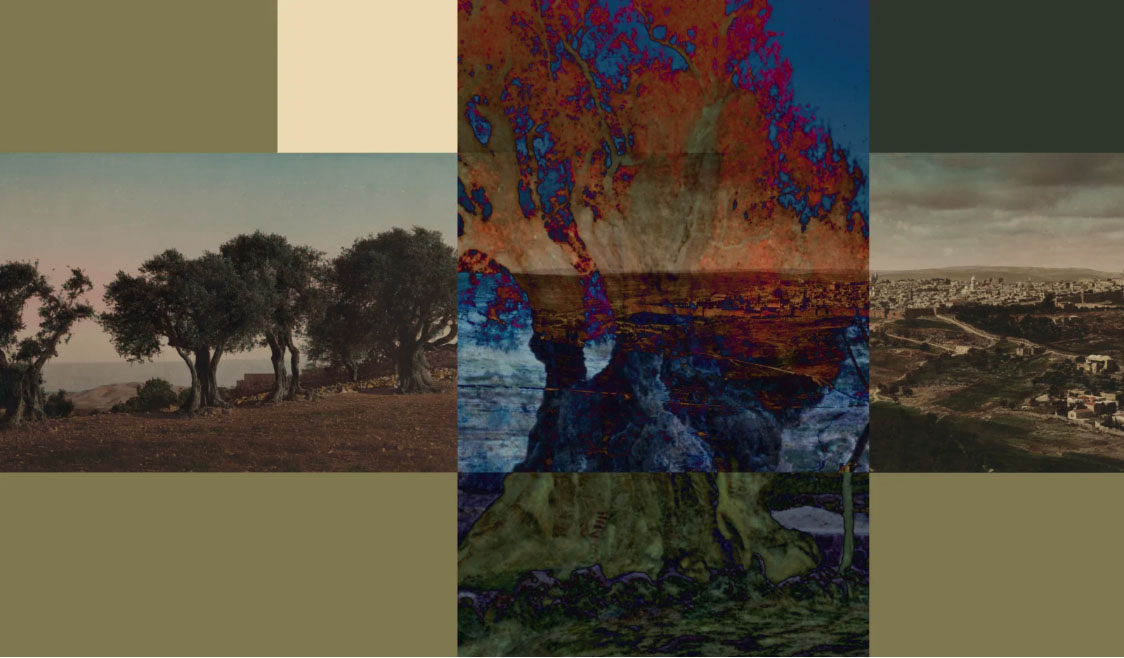
Mai Al-Nakib explores memory, forgetting, and writing through the lenses of Woolf, Proust, and a Wim Wenders film.
3 MAY 2024 • By Mai Al-Nakib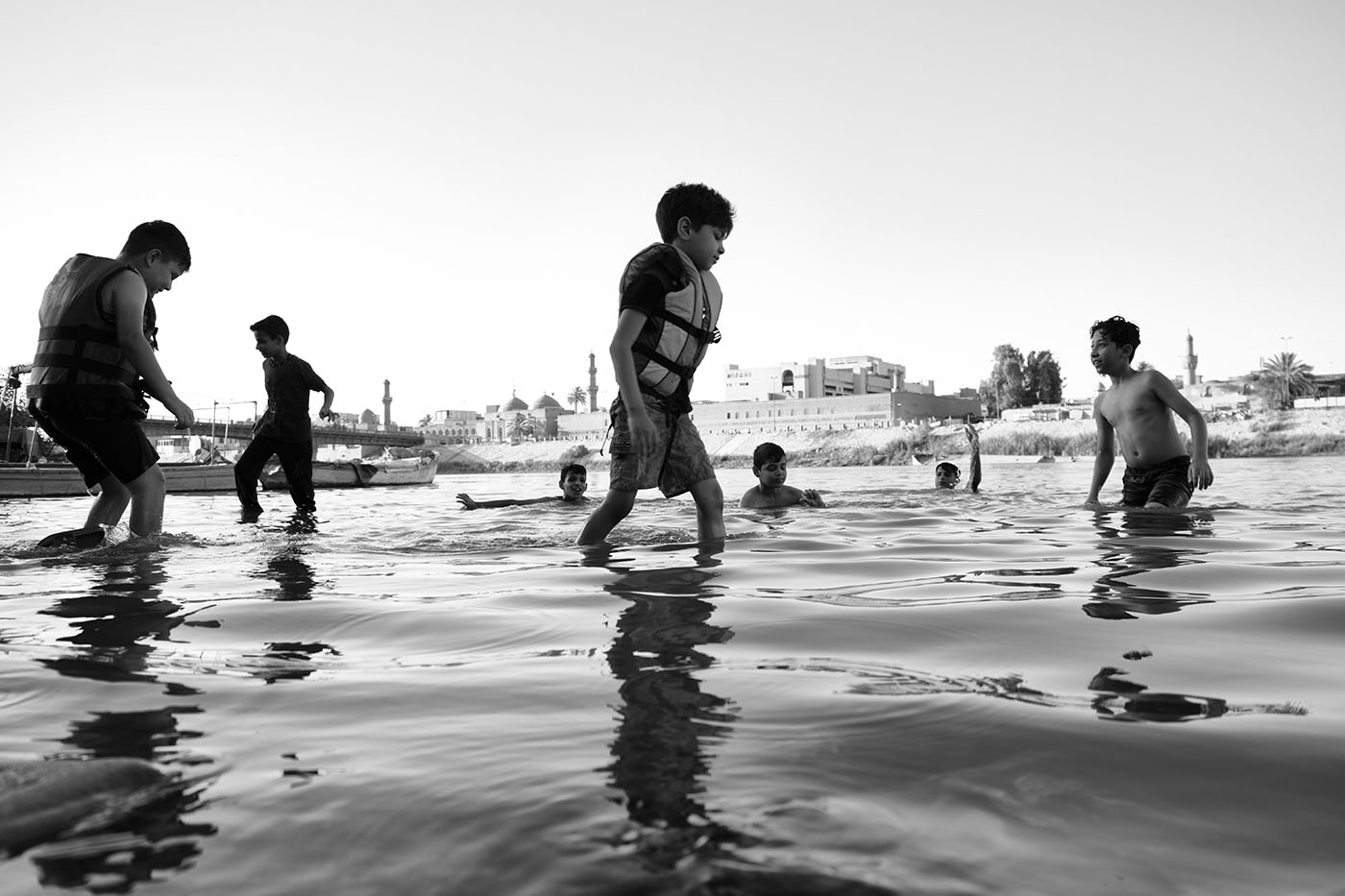
Photographs of Iraqis imply doom due to generational violence, even in happy pictures.
3 MAY 2024 • By Nabil Salih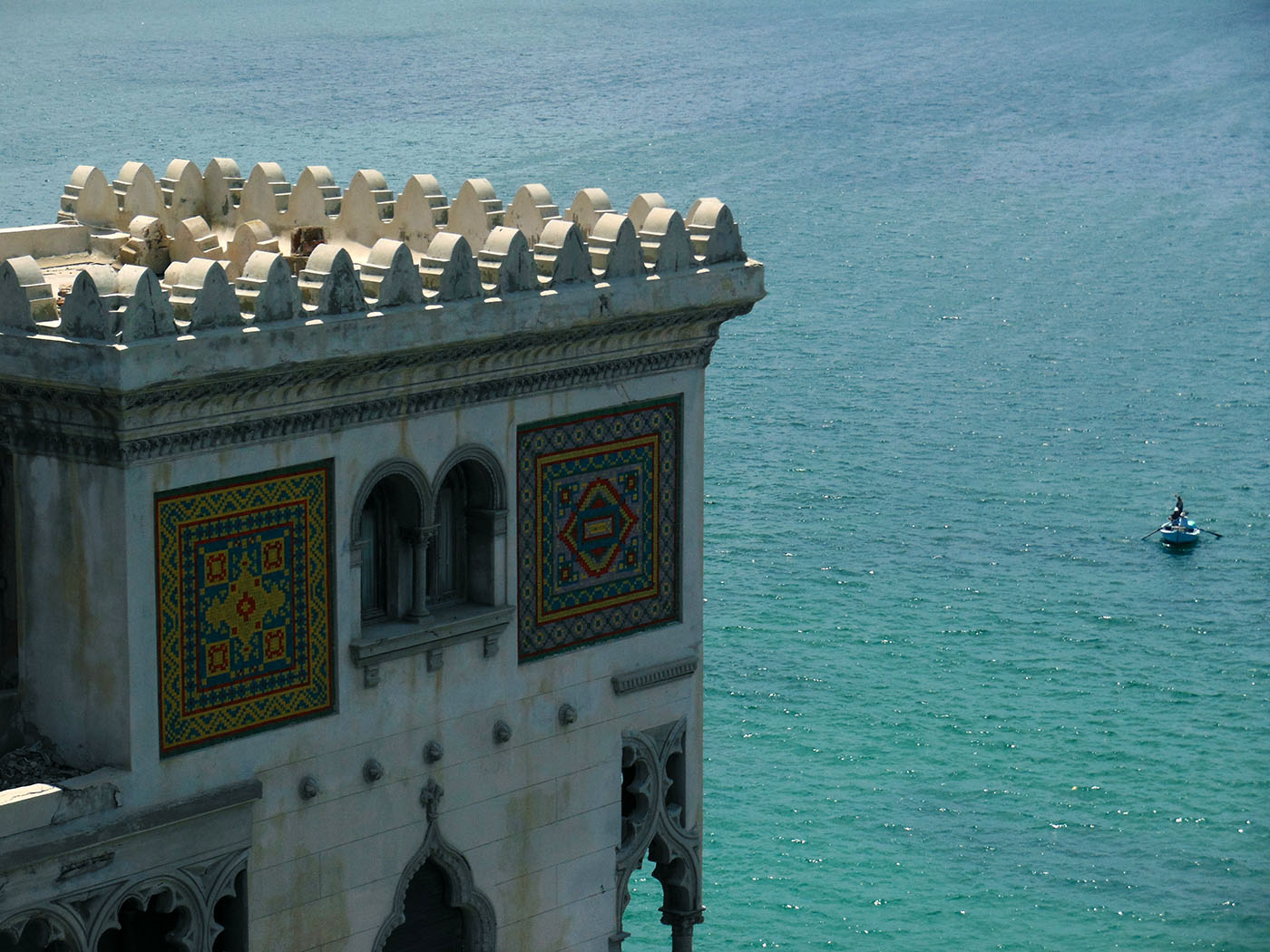
Claiming a past that never existed previously in the city, nostalgia overwhelms the inhabitants of Alexandria, writes Mohamed...
3 MAY 2024 • By Mohamed Gohar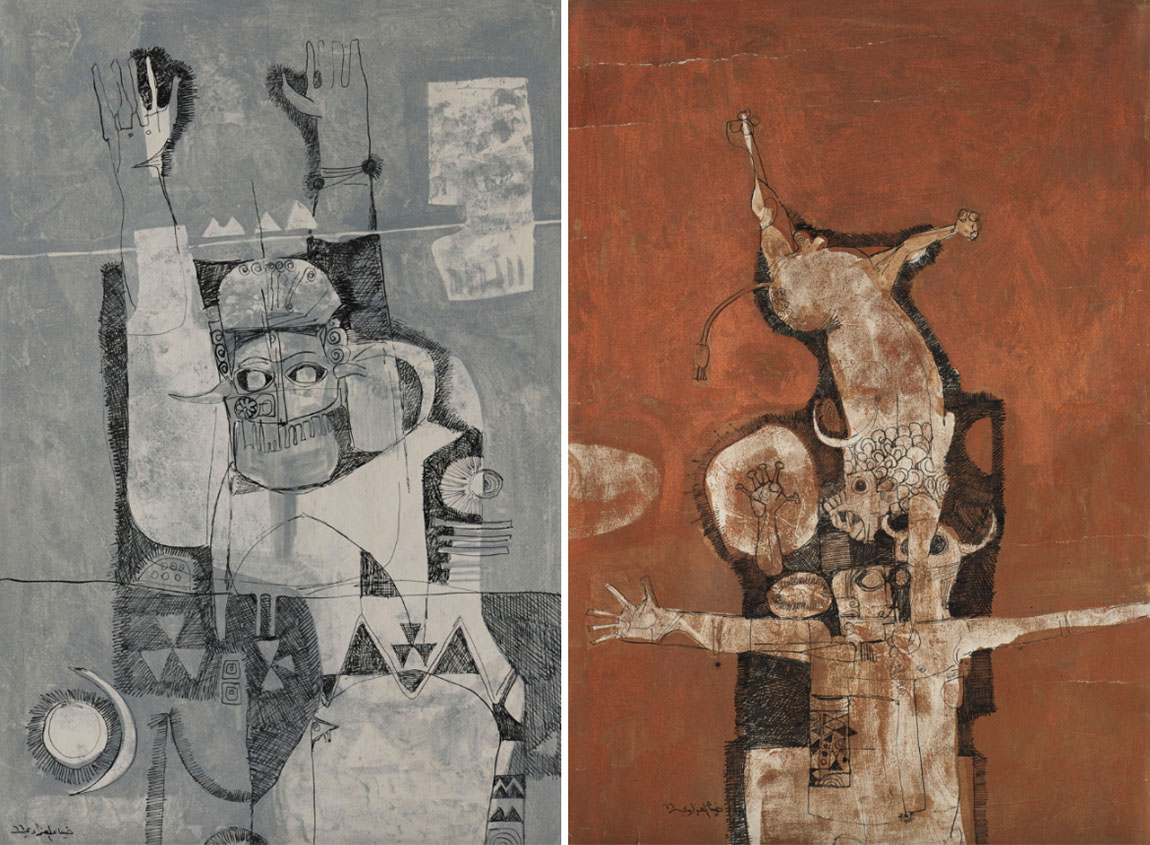
Youssef Rakha revisits his fascination with Sargon Boulos who managed to live out poetic Arabness in exile as...
3 MAY 2024 • By Youssef Rakha
Revisiting her memories of Egypt's January 25 revolution, Asmaa Elgamal finds that denying common sense is the worst...
3 MAY 2024 • By Asmaa Elgamal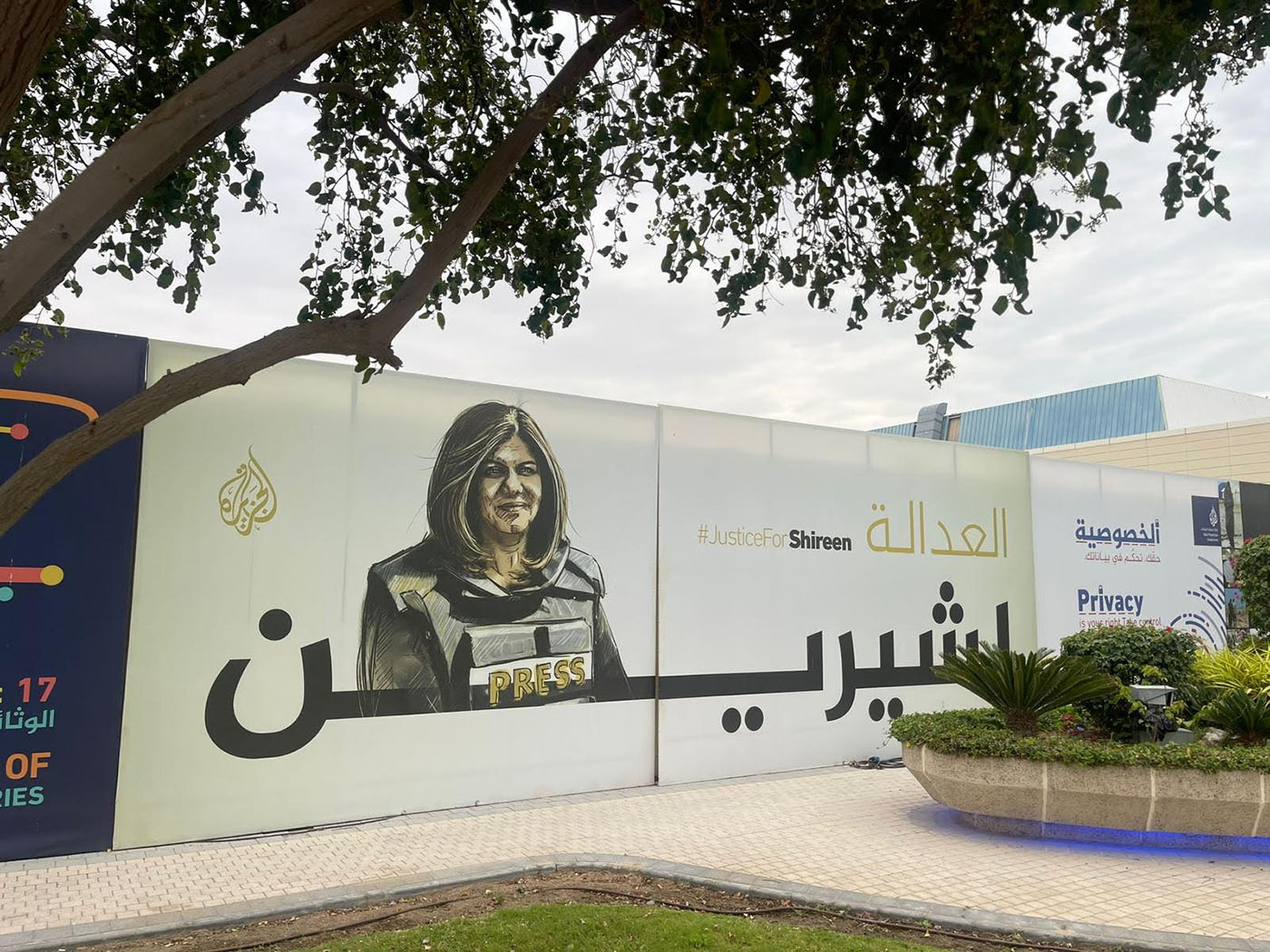
The assault on Gaza is the longest and deadliest Israeli offensive to date, and the worst in targeting...
3 MAY 2024 • By Ahmed Isselmou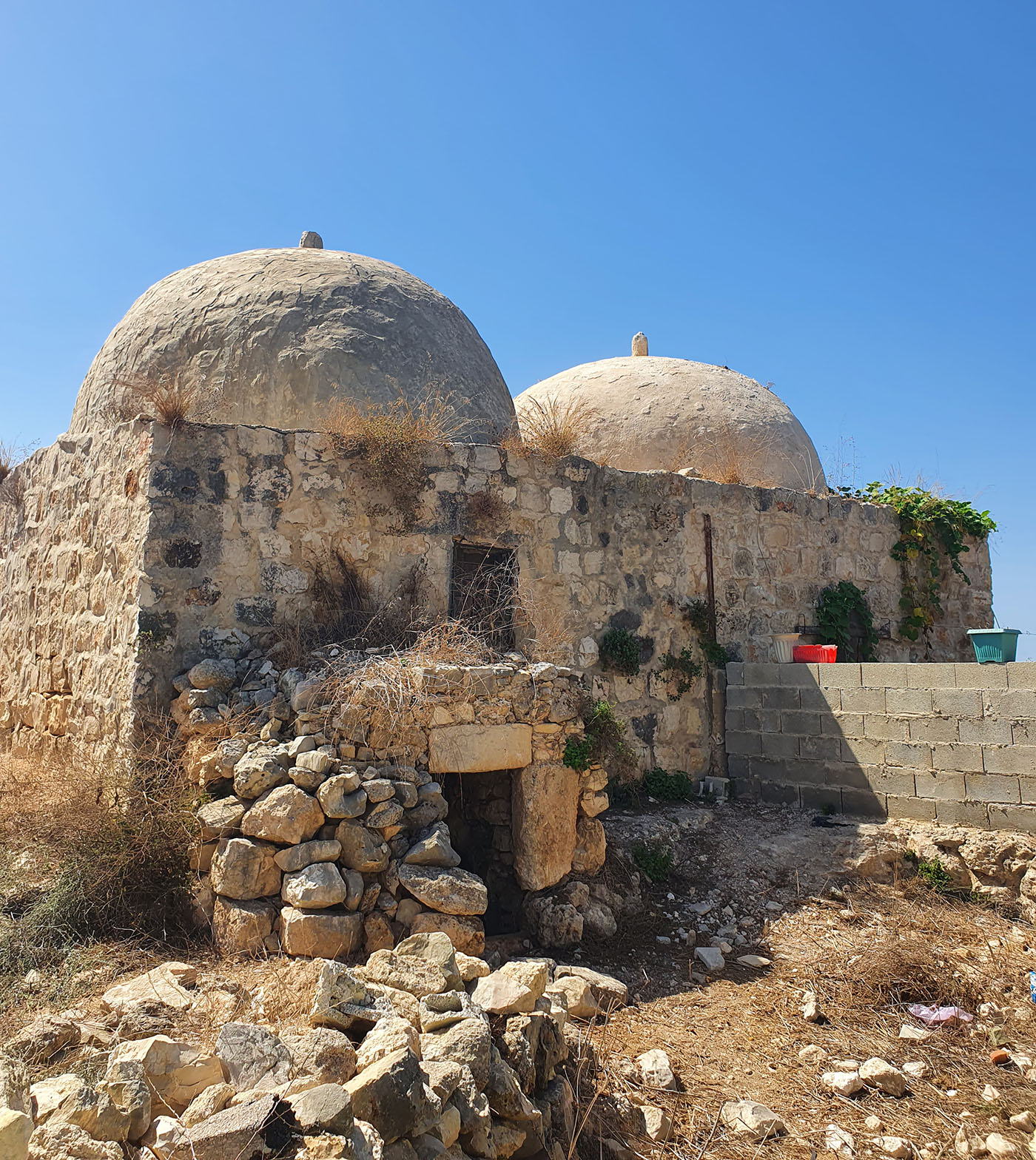
Palestine's shrines are a part of a heritage that has been intentionally erased since the Nakba of 1948,...
3 MAY 2024 • By Gabriel Polley